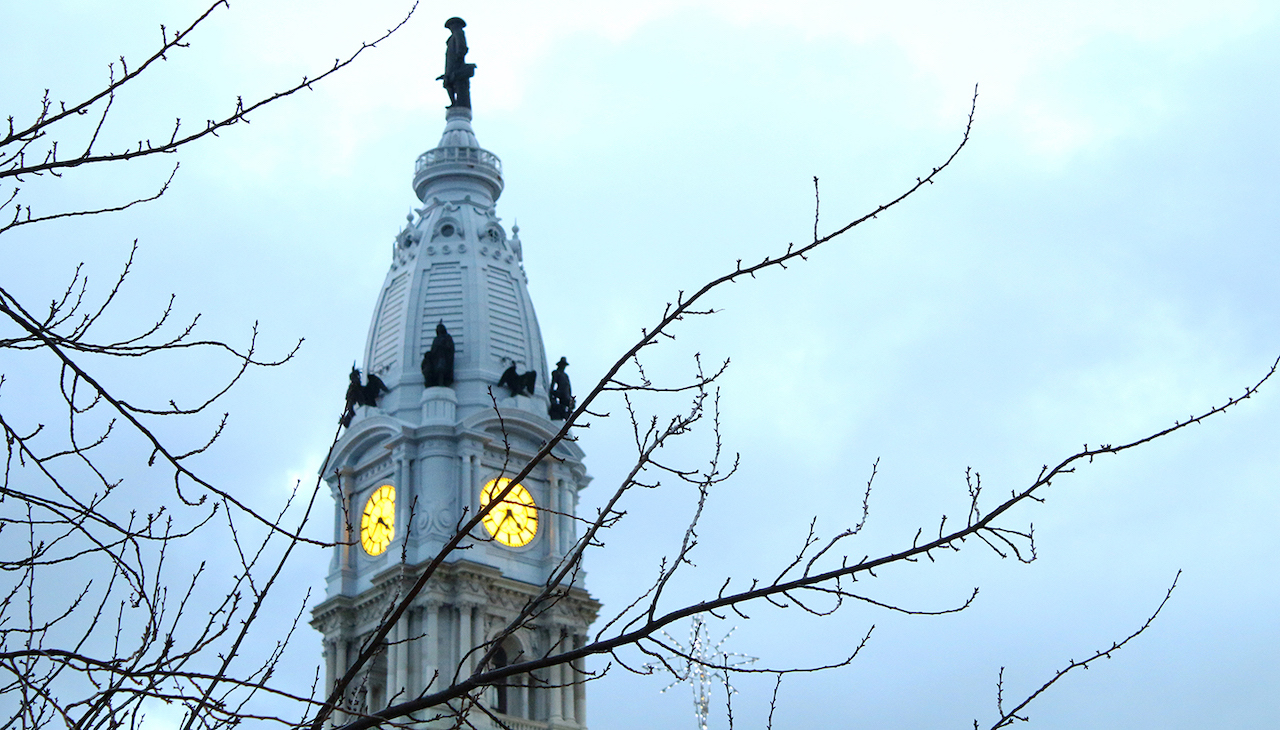
Hispanic and Black Philadelphians prioritize reducing the city’s wage tax. Philly has one of the highest in the nation
The data comes from the recently-released report: “What Philly Wants: The Every Voice, Every Vote Survey of Philadelphia Voters.”
Last Tuesday, March 14, the Lenfest Institute dropped the results of its “What Philly Wants: The Every Voice, Every Vote Survey of Philadelphia Voters.”
The report revealed a number of things about where residents stand heading into the 2023 Philly Mayoral primary in May — 65% say the city is on the wrong track, and almost nine out of 10 are going to the polls with public safety at the top of their mind.
But while public safety reigns, Hispanic and Black respondents also placed major emphasis on reducing the city’s wage tax when asked about it in the survey.
By the data, 67% of Hispanic respondents and 63% of Black respondents said reducing the wage tax should be a top priority for the incoming mayor. That compares to 51% of white respondents who said it should be a top priority.
When just income is considered, 68% of respondents making less than $50,000 a year said it should be a top priority, while just 48% of those making more than $50,000 a year said the same.
The wage tax has long been a sore spot for those wanting to attract more business in the city, but it has also been one advocates have pointed to as something that affects low-income Philadelphians more than others in the city. The Lenfest survey results based on income partially proves that latter point.
At its base level, the city’s wage tax is a tax on salaries, commissions or any other compensation an employee working in Philadelphia receives from their employer.
Most municipalities outside of Philadelphia in PA have a wage tax cap of 1%, but in 2019, Philadelphia had the highest wage tax in the country at 3.89% for residents and 3.46% for non-residents. It also accounted for 44% of the city’s overall revenue.
Since then, especially after the pandemic wiped out major income coming from non-residents that commuted to the city for work, the city has reduced its wage tax to 3.79% — the lowest it’s been in five decades. It also comes after reducing the wage tax to 3.83% the year before. Still, the wage tax is expected to be the city’s biggest income generator in Fiscal Year 2024 at more than $1.7 billion estimated, per the mayor’s preliminary budget. That’s at least $100 million more than was actually collected in Fiscal Year 2023.
RELATED CONTENT
Post-COVID wage tax collection may also still be down, per a Pew study from May 2022 that estimated a $572 million loss due to permanent shifts to at-home work, but it has recovered little by little as more and more companies are forcing employees to come back to offices.
Where do some candidates stand?
When it comes to candidates, the ones AL DÍA has spoken to are across the spectrum on the wage tax and whether they’d do anything about it.
In his time on City Council, 2023 Mayoral candidate Allan Domb was behind the passage of a wage tax relief bill, which allowed up to 2.3% of eligible residents’ wage tax to be relieved. In a recent interview with AL DÍA, he brought up the program along with the Earned Income Tax Credit federal relief program that allows eligible residents to get back some of what they pay in earned income tax. He spoke of doing a better job as mayor to spread the word on those programs along with slowly reducing the wage tax.
Derek Green and Jeff Brown were the two other candidates that mentioned supporting the slow reduction of the wage tax over a number of years in their visits to AL DÍA. Cherelle Parker also told the Inquirer in an email that she supports reducing the city’s dependency on the wage tax over time.
Of the city council candidates AL DÍA has interviewed thus far, Republican at-Large candidate Drew Murray also supported the slow reduction of the wage tax over time.

This content is a part of Every Voice, Every Vote, a collaborative project managed by The Lenfest Institute for Journalism. Lead support is provided by the William Penn Foundation with additional funding from The Lenfest Institute, Peter and Judy Leone, the John S. and James L. Knight Foundation, Harriet and Larry Weiss, and the Wyncote Foundation, among others. To learn more about the project and view a full list of supporters, visit www.every voice-every vote.org. Editorial content is created independently of the project’s donors.



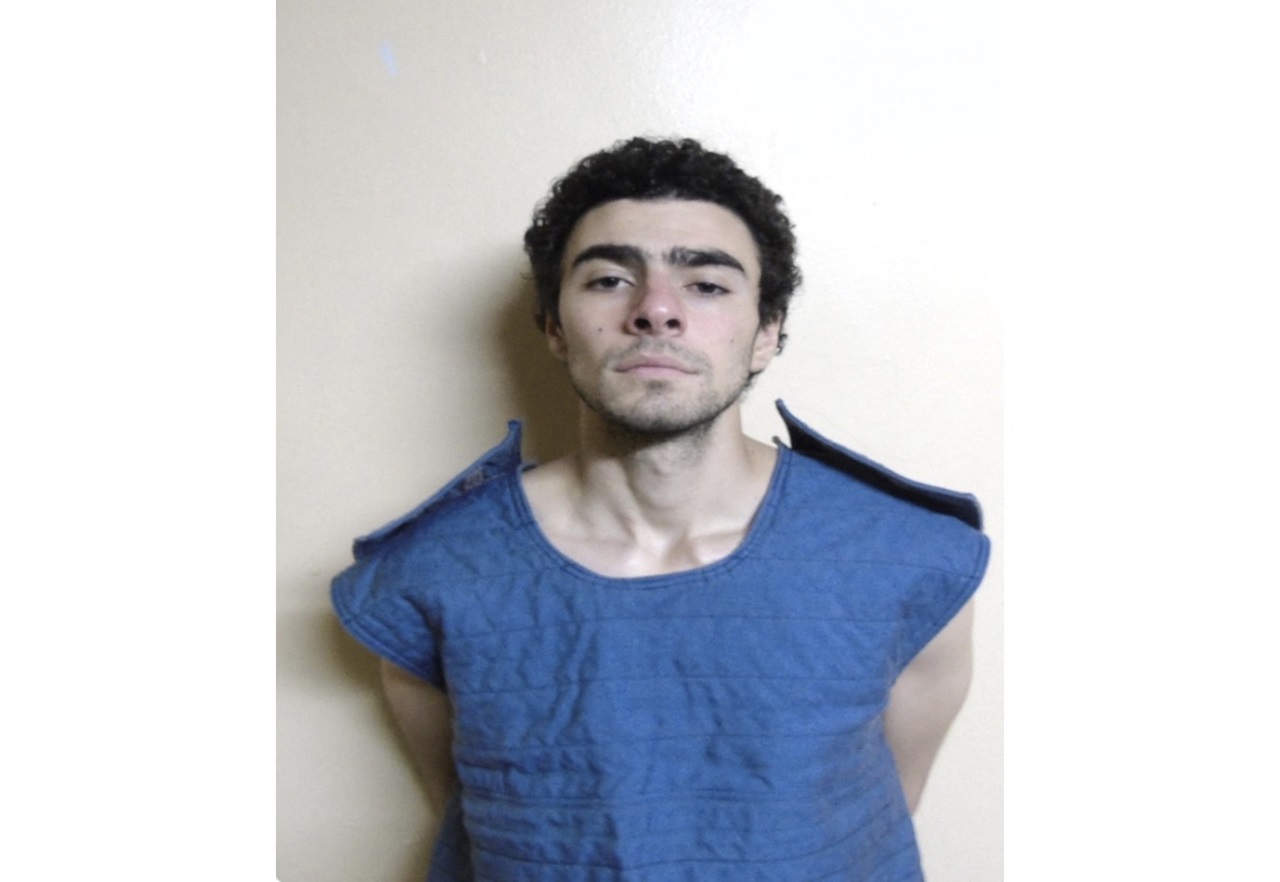
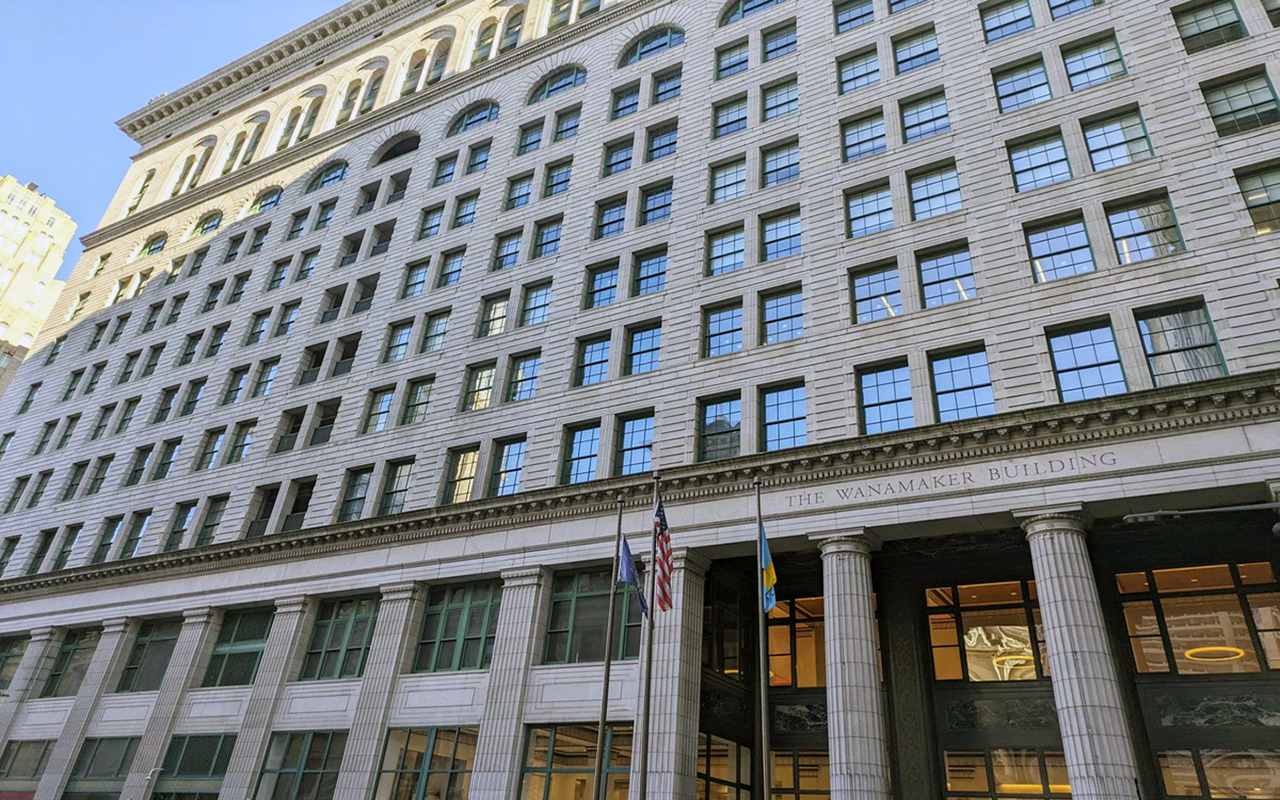

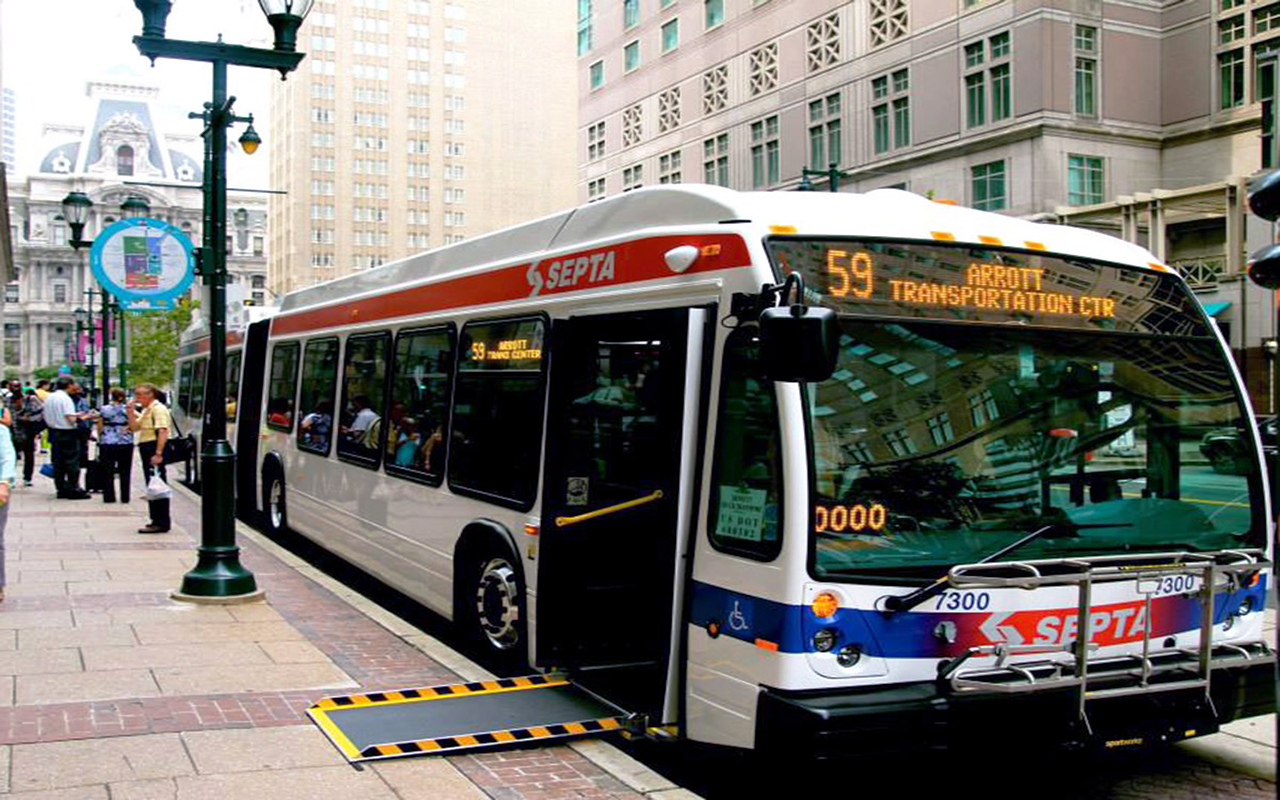
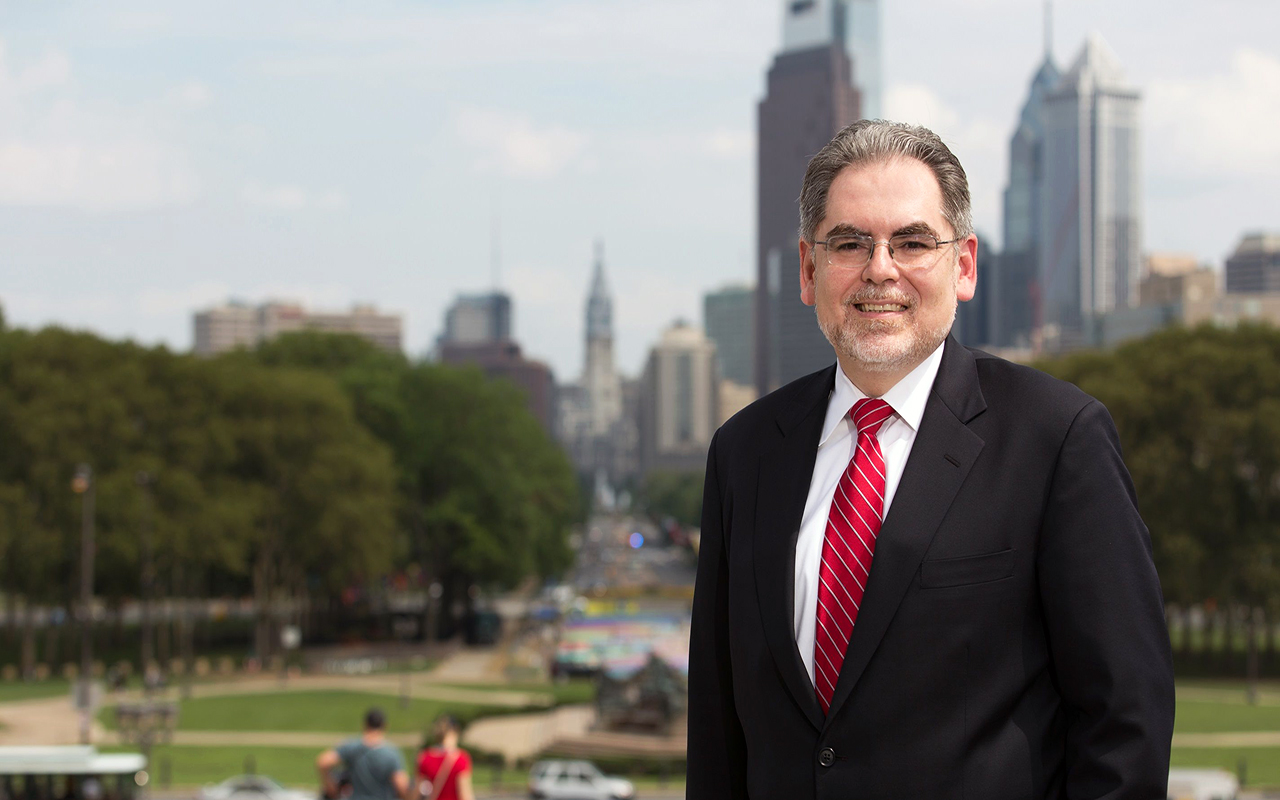

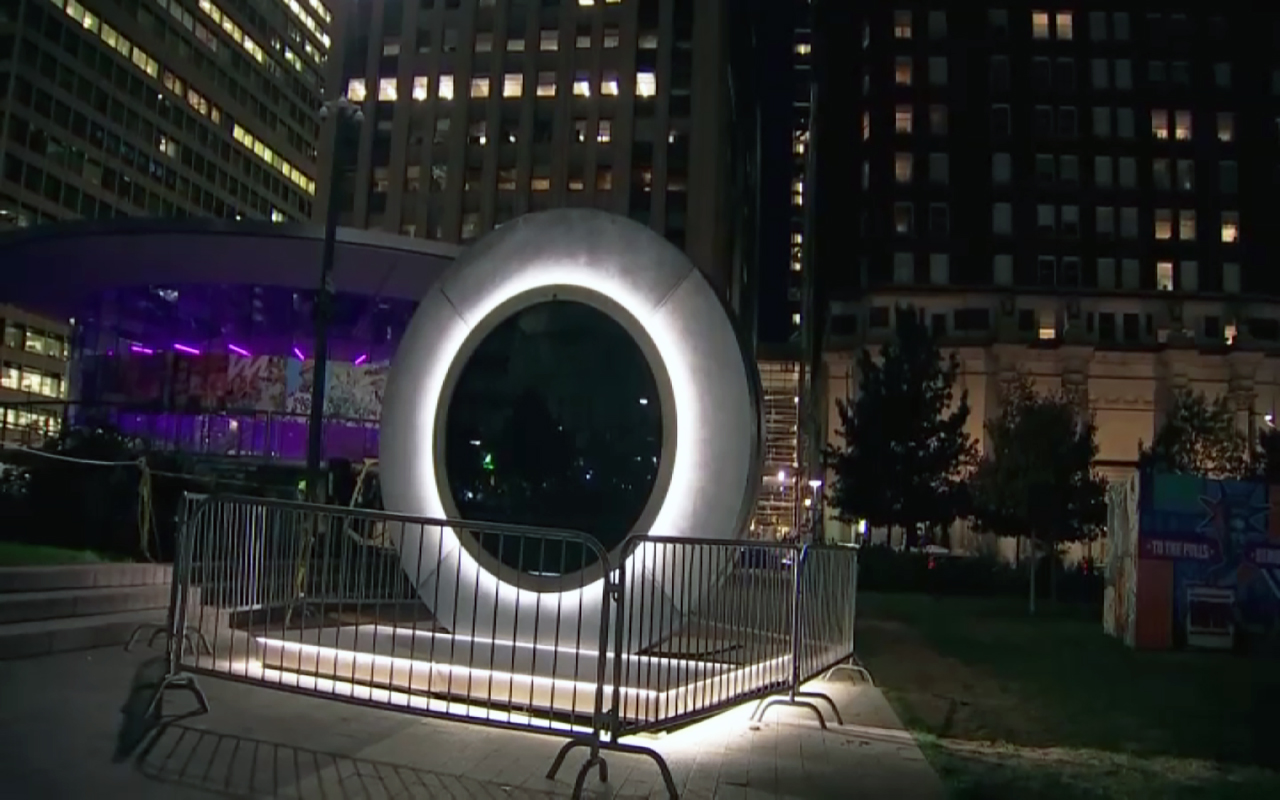

LEAVE A COMMENT:
Join the discussion! Leave a comment.